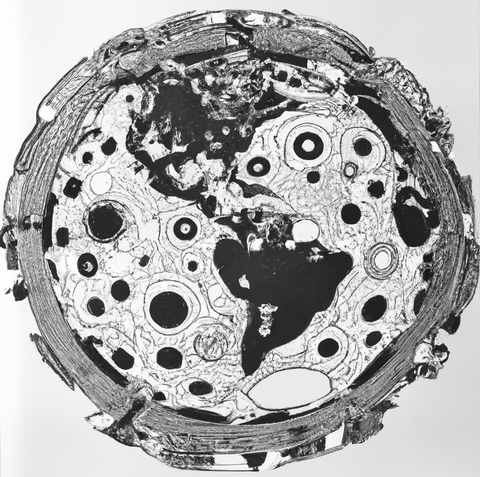The World as a Design Problem
Dissertation project by Johanna Mehl
This doctoral research offers a critical investigation of the ways in which the politics, epistemologies, and underlying assumptions that have shaped environmental design practices in the 1970s reverberate in contemporary design responses to the climate crisis.
The way environmental design is commonly conceived today is centered around eco-design practices that offer solutions to the problem called climate change, from cradle-to-cradle production chains to material studies with algae and mycelium to sustainable housing projects. While these practices contribute to reducing the collective carbon footprint and are effective in creating awareness around waste or pollution, they rarely challenge the intersectional social and cultural systems that have enabled the environmental crisis in the first place. This project stems from critiques of design that acknowledge its entanglements not only with the material realities, but also the geopolitical, psychological, and social conditions of climate change.
“The World as a Design Problem” seeks to address the paradigmatic opening of design to complex, global challenges. To investigate the specific constellations that paved the way for design solutionism, I revisit the formative articulation of environmental design discourse in the 1960s and 70s – a time that is frequently referred to as the apex of the environmental movement infused by ideas of global governance and neoliberal capitalism.

